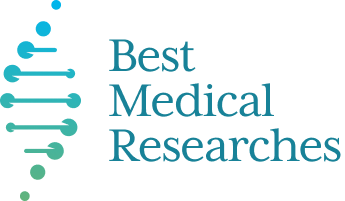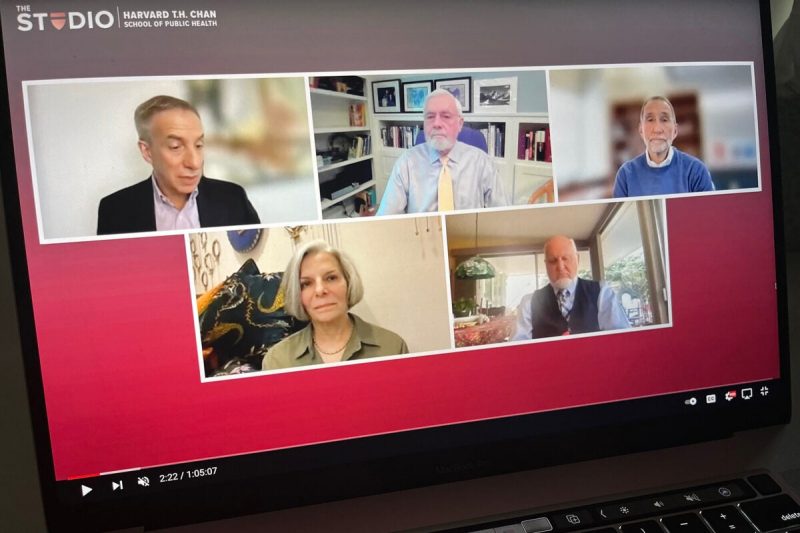Former CDC Directors Discuss the Future of the Agency
The future of the Centers for Disease Control and Prevention (CDC) has been a topic of great discussion and speculation in recent times. The agency, which plays a crucial role in safeguarding public health in the United States and around the world, has faced a range of challenges in recent years, from funding cuts to criticism over its handling of public health crises.
In light of these challenges, former CDC directors gathered to share their insights and perspectives on the future of the agency. Dr. Julie Gerberding, who served as CDC director from 2002 to 2009, highlighted the importance of maintaining the agency’s scientific integrity and independence. She emphasized the need for the CDC to continue to prioritize evidence-based decision-making and to resist political interference.
Dr. Thomas Frieden, who led the CDC from 2009 to 2017, echoed Dr. Gerberding’s sentiments on the importance of science in guiding the agency’s work. He stressed the need for the CDC to focus on building partnerships with other government agencies, as well as with international organizations and non-governmental organizations, to effectively respond to global health threats.
One key area of focus for the future of the CDC, according to the former directors, is in the realm of data collection and analysis. Dr. Gerberding emphasized the need for the CDC to modernize its data systems and tools to better track and respond to emerging public health threats. Dr. Frieden also highlighted the importance of data in informing public health policy and practice, and called for increased investment in data analytics and surveillance capabilities.
Another important aspect of the CDC’s future, according to the former directors, is in the realm of communication and public outreach. Dr. Gerberding stressed the need for the CDC to effectively communicate with the public and with policymakers about the importance of public health and the agency’s role in safeguarding it. Dr. Frieden emphasized the importance of building trust with communities and stakeholders to ensure effective public health responses.
In conclusion, the future of the CDC relies on a commitment to science, to data, and to effective communication. By maintaining its scientific integrity, investing in data systems and tools, and building strong partnerships with other organizations, the CDC can continue to play a vital role in safeguarding public health for years to come. The insights shared by former CDC directors serve as a roadmap for the agency as it navigates the challenges and opportunities that lie ahead.

